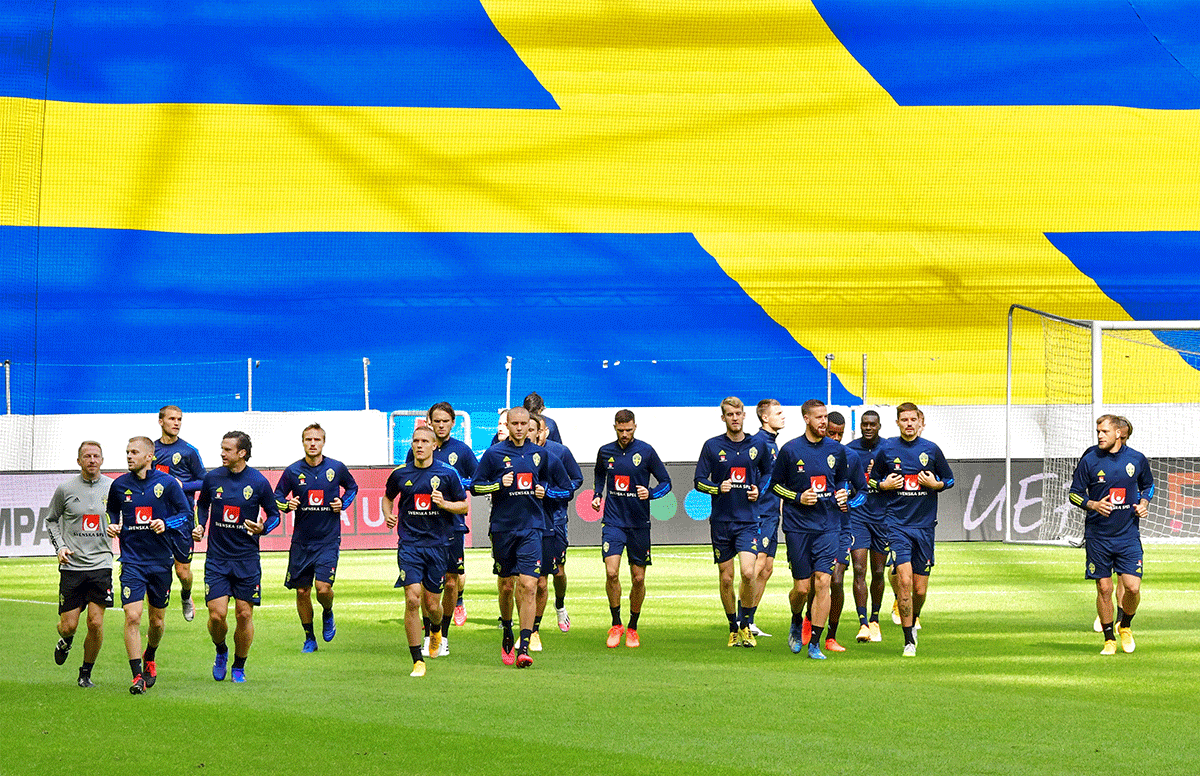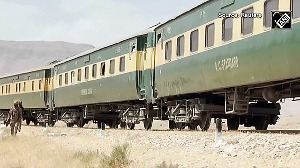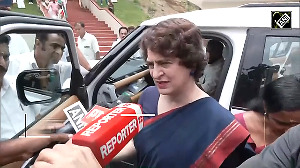The lessons learned in qualifying and the Nations League campaigns that followed Ibrahimovic's retirement from the national side in 2016 have put Andersson’s team among the dark horses with a strong chance at Euro 2020.

Sweden’s Zlatan Ibrahimovic will miss Euro 2020 through injury but coach Janne Andersson will hope 'Generation Z' – the young men who grew up idolising Ibra – will go further than at the World Cup in 2018 when they exited in the quarter-finals.
A knee injury has ruled out Sweden's 39-year-old record scorer Ibrahimovic, who returned to the fold in March after five years in international retirement, but he has left a legacy.
Striker Alexander Isak was born the day after Zlatan made his senior debut for Malmo FF in 1999 and players like him, Robin Quaison, 27, and Dejan Kulusevski, 21, have never known a time when Zlatan was not the biggest draw in Swedish football.
Added to that attacking trio are Viktor Claesson and Emil Forsberg, who are both capable of creating and finishing chances, and fellow midfielder Kristoffer Olsson, who has become indispensable in Sweden's midfield.
The postponement of the Euros by a year has seen Isak blossom at Real Sociedad, with 17 goals in 34 La Liga games this season, and the striker will hope to fill the gap left by Ibra, the man who has inspired him in the blue and gold all his life.
Ibrahimovic challenged the paradigm of Swedish football being a collective pursuit and opened the door for more individual flair to go with the usual discipline and strong work ethic for which the Scandinavians are famous.
The lessons learned in qualifying and the Nations League campaigns that followed Ibrahimovic's retirement from the national side in 2016 have put Andersson’s team among the dark horses with a strong chance at Euro 2020.
Though they often line up in a classic 4-4-2 formation, Sweden are capable of changing the way they play depending on the opposition, though they are always anchored in the 58-year-old’s Andersson’s tried and trusted principles.
“I usually talk about ‘mix football’, to be able to play in different ways, that’s one principle. Having width on the pitch is another, but who provides the width can change too,” he has said.
“In defence, we want to be compact and when we’re compact we’re hard to break down, and that will be a very important thing in the Euros.”
Those principles are linked to Andersson’s innate pragmatism, but that does not mean the Swedes won’t dream.
“The goal is to get out of the group -- if we get out of the group, we want to win the next game. I usually don’t go further than that, but if you do the right things on the road you get a result you deserve,” Andersson added.
Runners-up at the 1958 World Cup and third in 1994, Sweden came third when they hosted the Euros won by neighbours Denmark in 1992 but failed to get past the group stage in 2008, 2012 and 2016 -- a fate they will be desperate to avoid this time.












 © 2025
© 2025